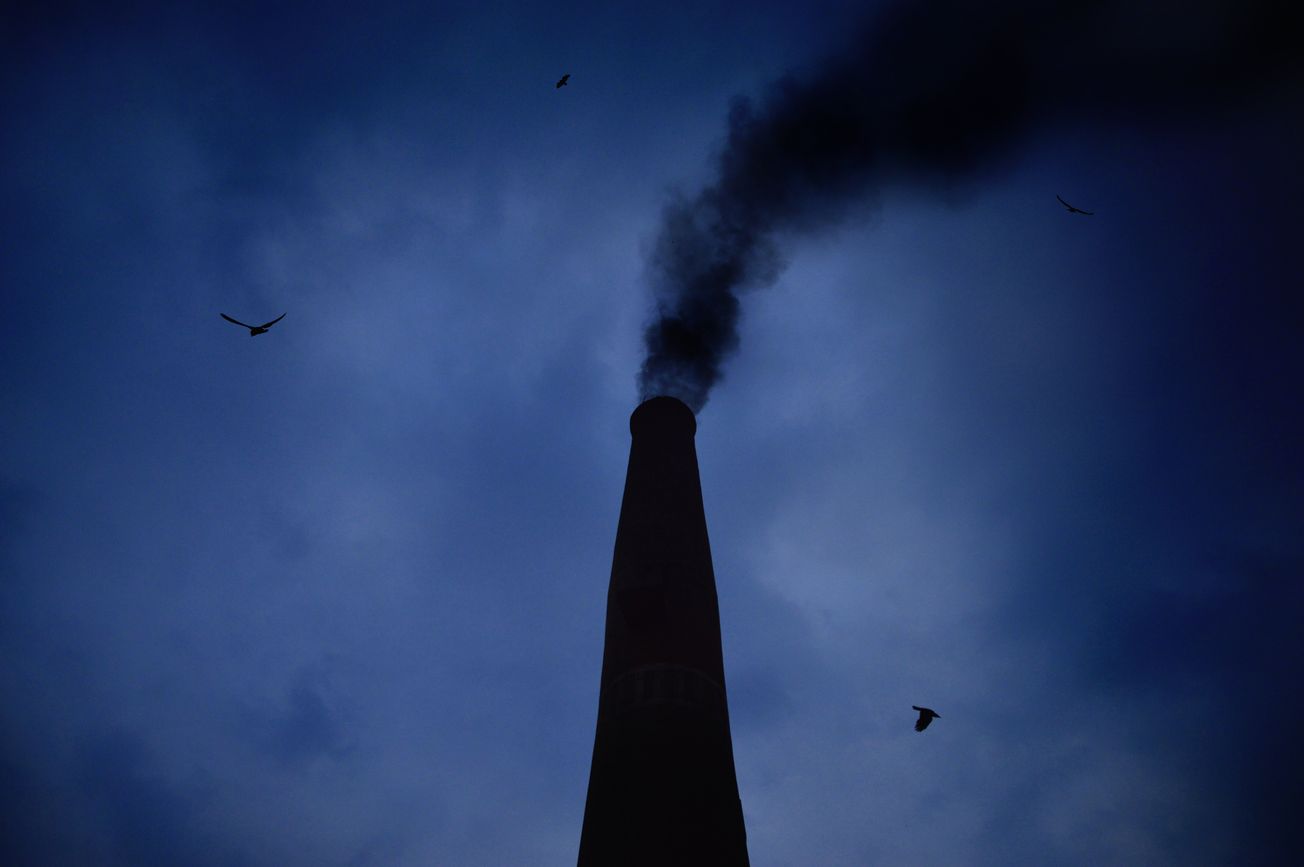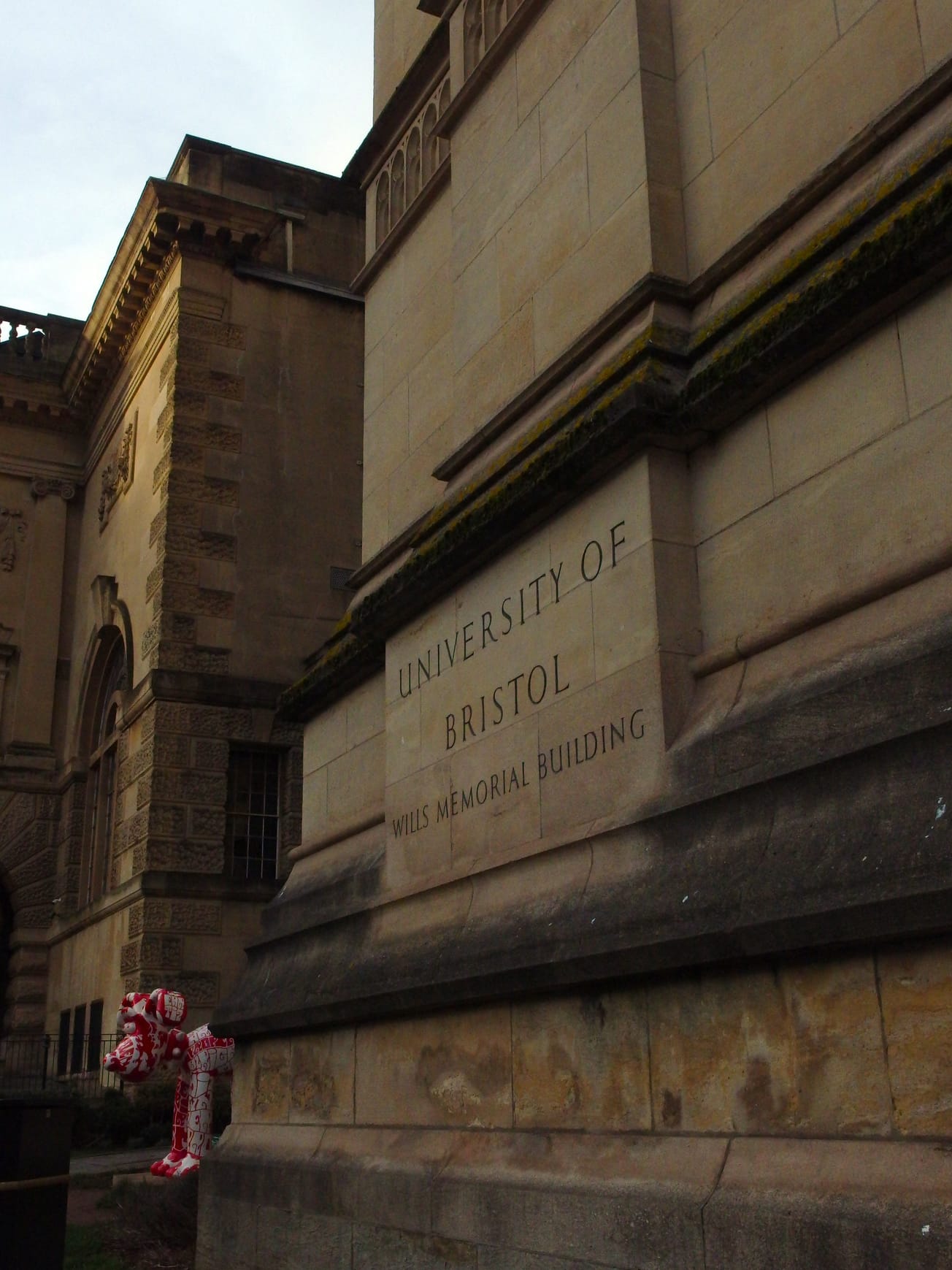By Nina Bryant, News sub-editor
A Bristol-led research study, focusing on measuring man-made carbon dioxide emissions, has been granted £3 million by UK’s main environmental sciences funding body.
The study, titled Detection and Attribution of Regional Greenhouse Gas Emissions in the UK (DARE-UK) is set to commence in April of next year. It is one of fourteen studies funded by the Natural Environment Research Council (NERC-14) intended to tackle climate change.
The leader of the study, Dr Matthew Rigby from the University of Bristol’s School of Chemistry, stated that the study aims to ‘improve accuracy and transparency of the UK’s greenhouse gas emissions inventory reports'.
The study aims to use atmospheric observations to formulate novel methods of quantifying the UK’s greenhouse gas emissions.
This area of research is particularly relevant in light of the 2018 latest UN Climate Summit held in Poland last week, which highlighted the urgent challenge of accurately measuring carbon dioxide emissions to ensure countries are meeting their targets.
In this weeks Cabot Mail: £3 million awarded to UK #GreenhouseGas emissions study; 2018’s most discussed research includes Dr Matt Rigby's paper on #ozone-depleting substances; and read our new blog on cancer and #climatechange https://t.co/9Z314DAGuV
— Cabot Institute (@cabotinstitute) 18 December 2018
Dr Rigby said the work will 'allow us to better understand whether we are meeting our emissions reductions targets.’
Given that human carbon dioxide emissions are what upsets the carbon cycle, improving accuracy of such measurements is essential to capping global warming at 1.5 degrees above pre-industrial temperatures within the next twelve years.
In response to this research study, the student environmental society People & Planet said:
‘The People & Planet Society are glad to see the University continuing to engage in environmental issues following the University's divestment from the fossil fuel industry earlier this year. We hope that this research study will encourage further discussion and action surrounding climate change on our campus.’
Featured image: Koshik Das / Unsplash
Do you think the University is doing enough to combat climate change? Let us know.









